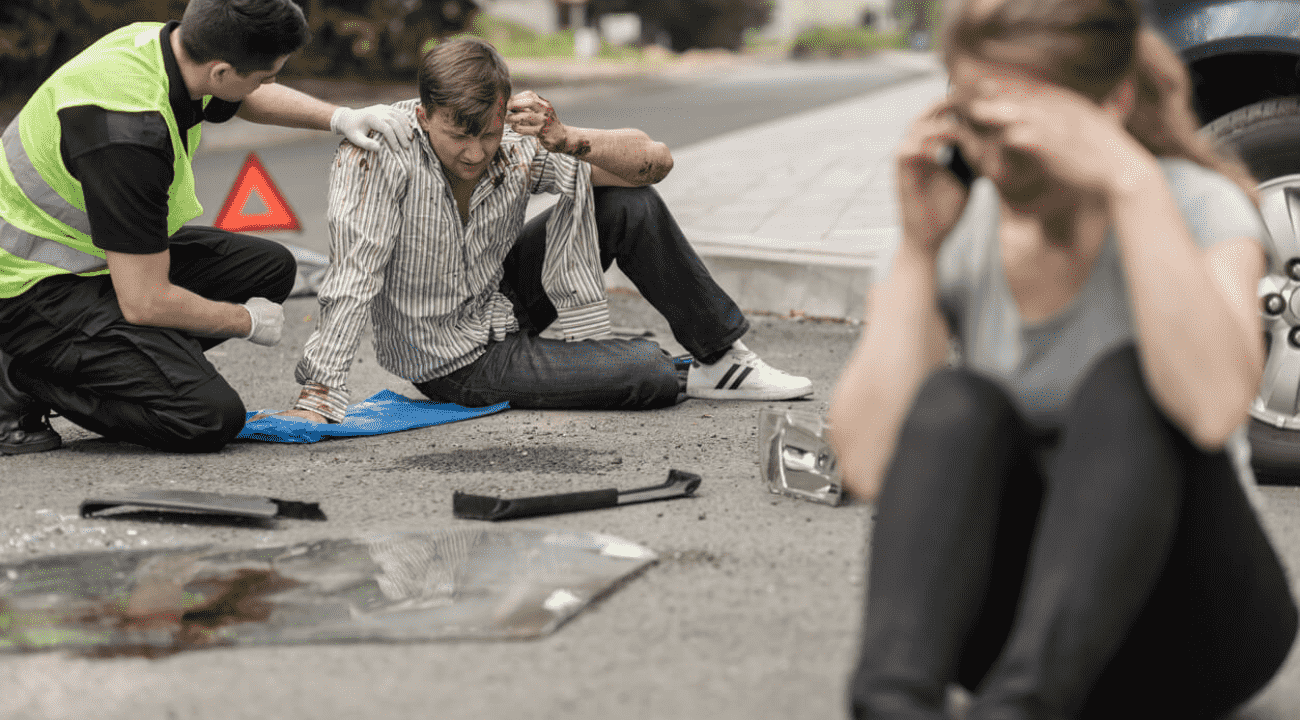Mon to Sun - 24/7 365
How to Protect Your Legal Rights When You’re At Fault in an Accident
Table of Contents
Toggle
Navigating the aftermath of an accident where you’re at fault can be daunting. Understanding how to protect your legal rights is crucial to managing the situation effectively while minimizing potential liabilities. This guide offers comprehensive insights into the steps you should take if you find yourself responsible for an accident.
Understanding Fault and Legal Implications
Being “at fault” in an accident implies that your actions or negligence contributed directly to the incident. This designation can have significant legal and financial repercussions. It’s essential to understand that even if you are deemed at fault, you still retain rights that can help mitigate the consequences. Knowing how to navigate these rights can influence the overall impact of the accident on your life.
Immediate Steps to Take After the Accident
Secure the Scene and Ensure Safety
Your first priority should be to ensure the safety of all parties involved. Check for injuries and call emergency services if necessary. Secure the accident scene to prevent further accidents, using hazard lights or road flares as appropriate.
Cooperation with Law Enforcement
When law enforcement arrives, provide an honest account of the event without admitting liability. Statements like “I’m sorry” can be misconstrued as admissions of guilt. It’s crucial to stick to the facts and let the officers draw their own conclusions.
Document the Incident Thoroughly
Gather as much information as possible at the scene. Take photographs from multiple angles to document the position of the vehicles, road conditions, traffic signs, and any damages. Also, collect names, contact information, and insurance details of all parties involved, and don’t forget to get statements and contact information from witnesses.



